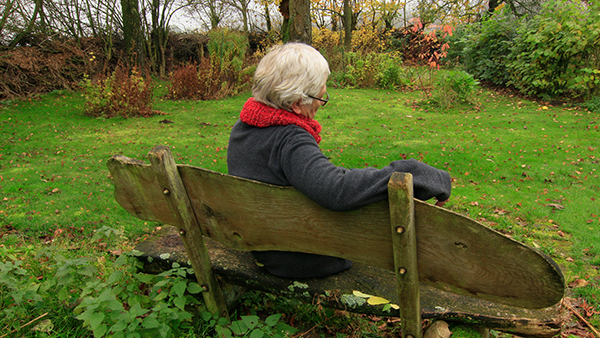
Whether, when, and how someone ages depend not only on biomedical aspects but very decisively on psychological and social parameters, on personal and environmental factors. While it is clear that highly developed late-industrial societies will increasingly "age" in the coming decades, it is still unclear what the individual and societal consequences of the inevitable future of aging will be and how long aging people will be able to actively participate in shaping society in the future.
People must therefore be increasingly encouraged to invest themselves inefficient precautionary measures and prevention programs. This economically significant issue depends very decisively on health-related images of old age and sufficient knowledge of preventive measures for old-age ailments, on self-assessment of the aging process and, the perception of scope for action and shaping.
Health-related behavior and preventive measures for healthy aging always orient themselves on expectations (age-dependent changes, control, self-efficacy) and assessments. In many cases, the anticipation links positive and negative aspects. Typical questions are: How can I influence the development of my disease through my behavior? Are functional impairments and disease an unavoidable by-product of the aging process? Does it pay to invest current resources (time, money, effort) into a healthy life in old age and forgo immediate gratification? Or is life in old age not valuable since, as an old person, one is lonely, marginalized, and excluded from social life?
Such notions and attitudes toward old age in general, and personal aging in particular, are the determining factor for the willingness to engage in preventive health care (or not to engage, respectively) and to invest personal resources in a healthy life in old age.
In the context of the research focus, “Exploration of the individual and societal requirements to shape demographic change”, the influence of the perceived time budget and time sovereignty on preventive health and health-related actions by older or aging people will be explored.